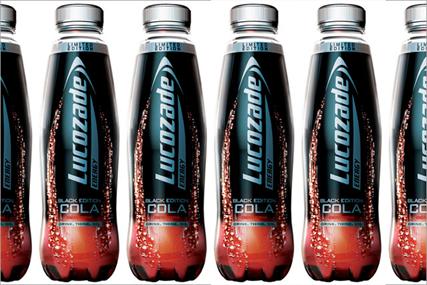The Demise of Lucozade Energy Cola
Well that didn’t take long! Launched with some fanfare in October 2011, Lucozade Energy Cola was the latest in the long line of pretenders to the throne jointly occupied by Coke and Pepsi. But in recent months it has quietly slipped off the shelves and into a Cola hospital to hang out with the likes of Virgin Cola, Red Bull Cola and others, though it is still available online. Two questions are worth looking at in this case. Why did Lucozade enter a space where so many others have tried and failed and what explains the enduring dominance of Coke and Pepsi?

It would have been fun to have been a fly on the wall when the good people at GSK were discussing this possible brand extension. Was it all gung-ho and groupthink or were there dissenting voices? Only a select few know the real answer. We did have some seemingly compelling arguments to accompany the brand’s launch. It had apparantly compared very favourably in taste tests! The Cola market in the UK is worth £3 billion and even getting just 2 per cent of that would grow Lucozade’s annual sales by 50 percent! But there also seemed to be some doubts. It was initially a ‘limited edition’ and it wasn’t always clear whether it was going to be positioned beside colas or other energy drinks in the shops.
So why did it all go wrong? Well for a start, if the primary rationale for the launch was that this brand tasted better, then it was doomed from the word go. Cola has never been about taste no matter what consumers might tell you. Even Coca Cola themselves proved that way back in 1985 with their disastrous decision to launch New Coke which bombed despite extensive testing. Colas are pretty horrible sugary drinks but they sell so well because they are connected in the consumer’s minds with positive images like youth, fun, happiness and good times through years and years of powerful advertising and imagery from the leading brands. This level of emotional value takes a long time and lots of creative effort to build which explains why the big two stay strong while the pretenders fall by the wayside.






 John Fahy
John Fahy